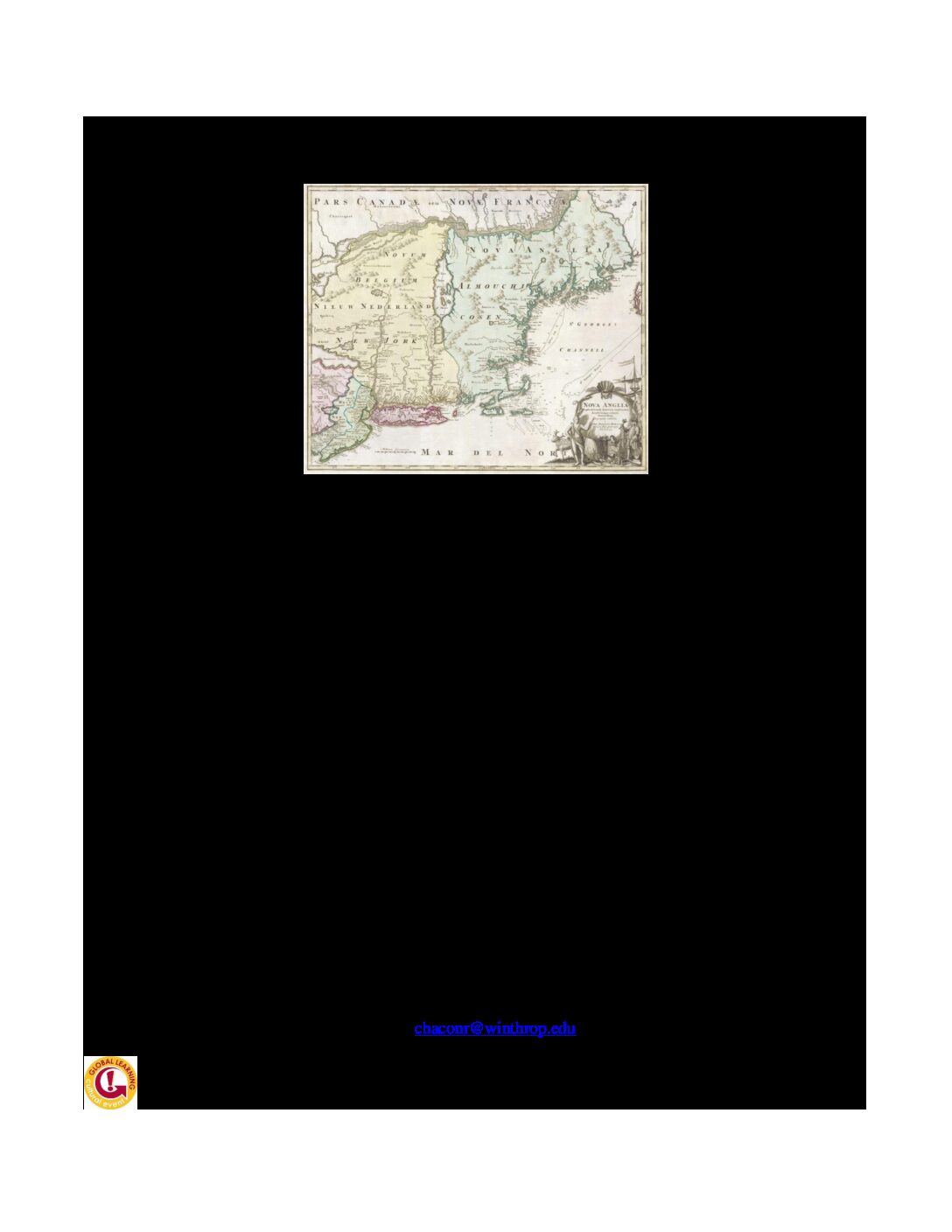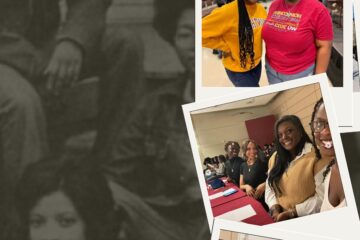In 1492, Columbus sailed the ocean blue, and in doing so, changed the fates of two civilizations. The people of Europe were ecstatic to learn of a New World with untold riches. The Native Americans had to deal with foreigners invading their homes. But is this perception of the past the truest one?
This is what Dr. Gleb Aleksandrov of the Higher School of Economics in Moscow will be discussing in his lecture at the “Negotiating the Land: Perceptions of Land, Property, and Environment in 17th Century Colonial New England” cultural event coming up on Sept. 20.
Aleksandrov is an anthropologist and a historian who is very interested in societal evolution. His fascination with New England came because of what an excellent case study it is.
“The more I researched, the more fascinated I became with specifically Native American societies and cultures, but also the colonies themselves,” he said.
According to National Geographic, “Experts estimate there were between 70,000 and 100,000 Native Americans living in New England at the beginning of the 17th century.” These villages were “semipermanent; when the agricultural land was depleted of nutrients, groups would move to settle nearby areas.”
The clash between the Native American idea of semipermanence and the European idea of land ownership will not be the only topic that Aleksandrov covers.
“When we look at the past, especially when looking at specific areas of the past, we have these unconscious ideas,” he said.
As Aleksandrov pointed out, there are many perceptions of what happened during the 17th century that are more or less set in stone; the Europeans arrived, and they drove the Native Americans out and did serious damage to their culture.
While this is certainly true, what is often overlooked is that Native Americans had just as much impact on colonial society.
Aleksandrov said the most common perception of the colonists was that “they were Englishmen, so they generally retained the English worldview, and everything that happened later is the consequence of that.”
However, the colonists’ time in the New World did change their worldview, and some of the credit goes to Native Americans.
“The constant contact with Native Americans did very much change English culture,” Aleksandrov said.
According to Aleksandrov, this lecture was actually supposed to take place last year, but due to the pandemic, it had to be postponed. However, that delay now means this lecture concurs with some of the biggest revelations of atrocities committed against Native Americans.
Just this summer, mass graves were uncovered at schools that forced Native Americans to assimilate to Western culture. Discussion on this topic, while at times difficult, is just as important as ever.
Aleksandrov hopes that, if nothing else, this lecture will encourage students to learn more about how intertwined the fates of neighboring societies are. He wants students to “see intercultural contact as less of one culture inducting the other and more of a mutual influence.”
This cultural event, “Negotiating the Land,” will be held on Sept. 20 from 4 p.m. to 5 p.m. at Dina’s Place in the DiGiorgio Campus Center. Admission is free, and this event qualifies as a Global Learning Initiative event.




